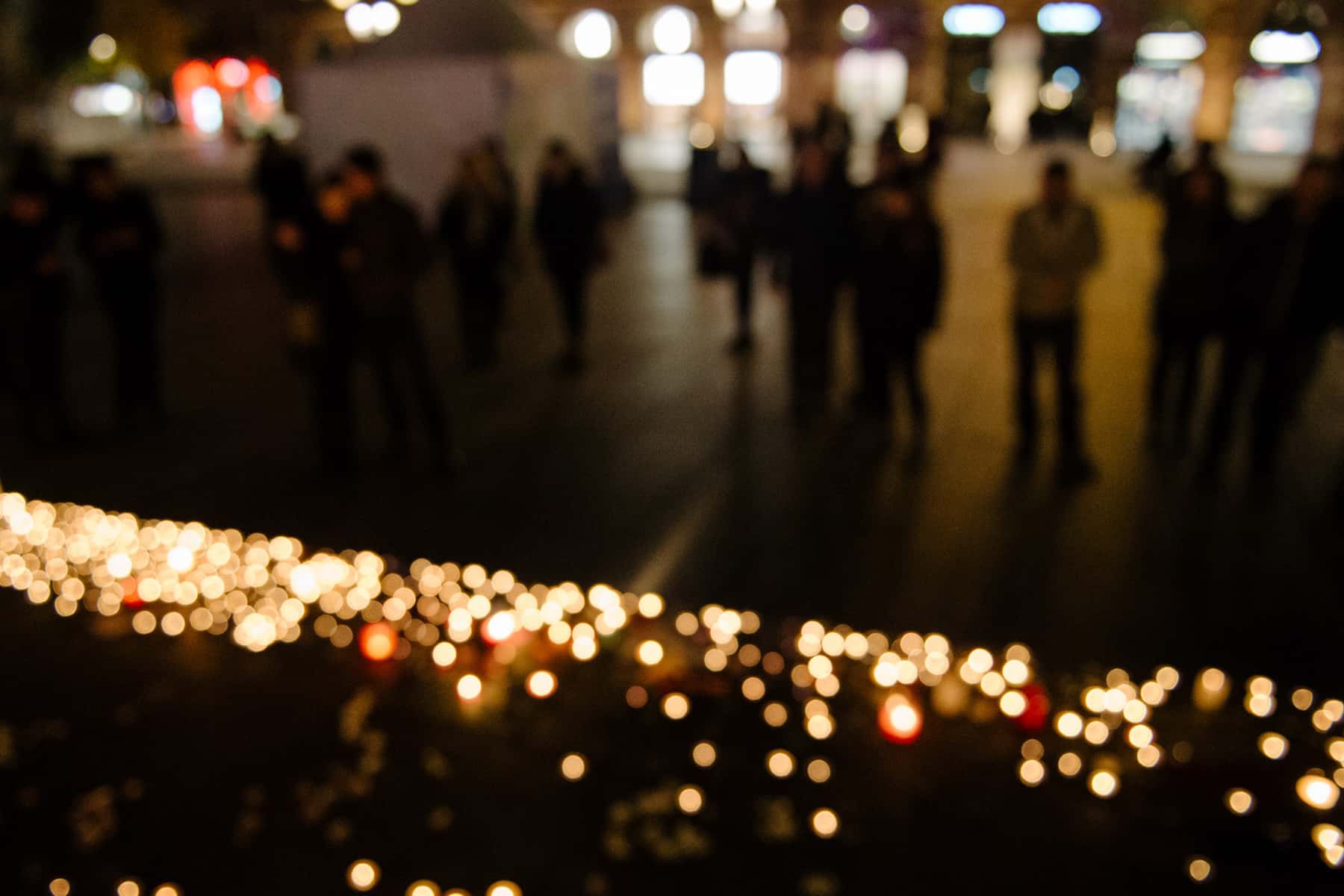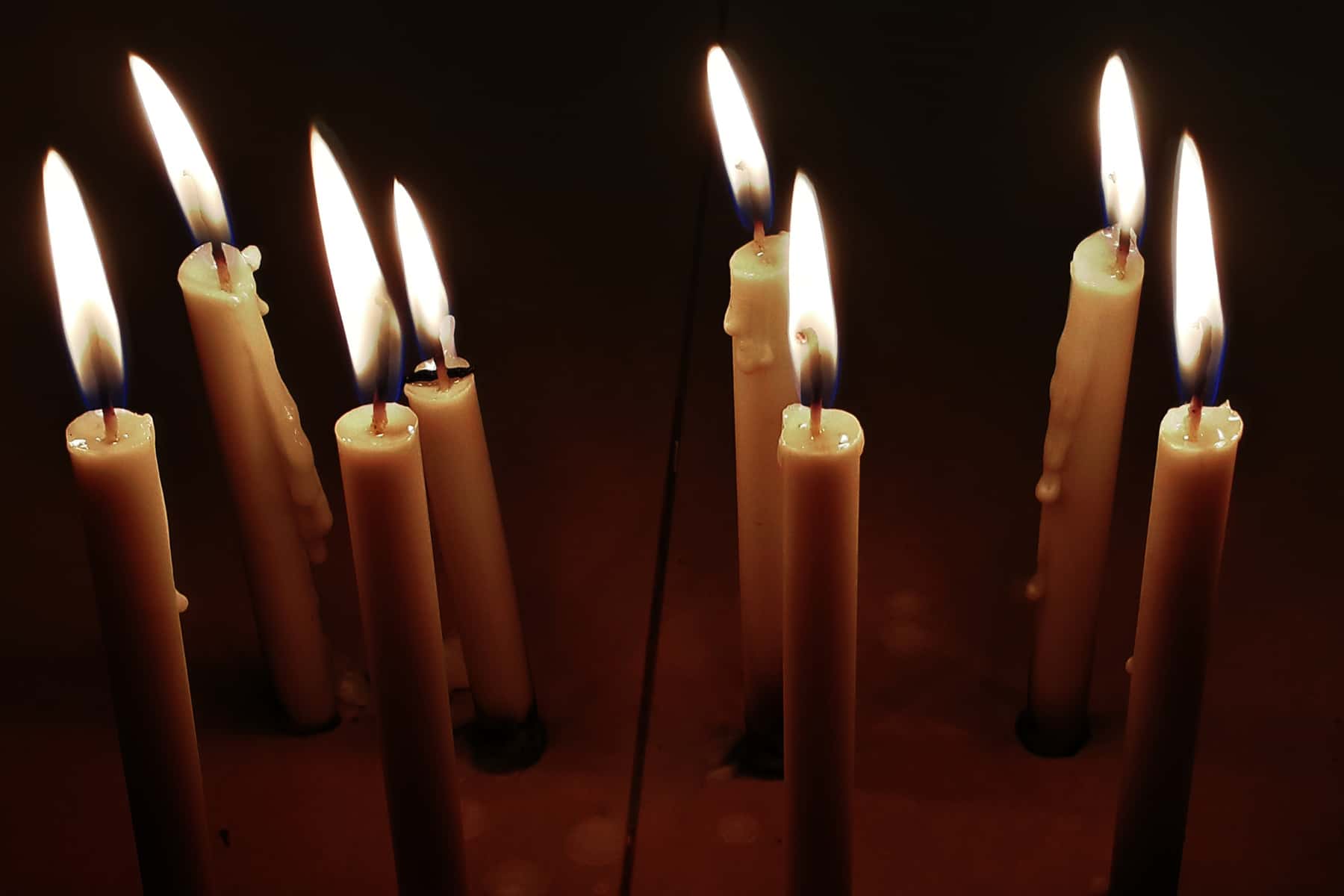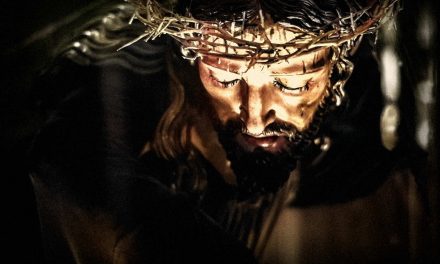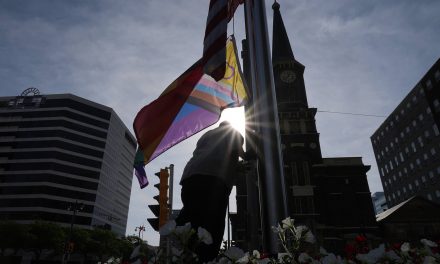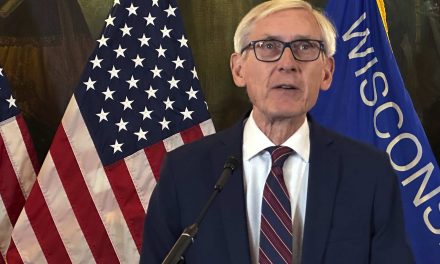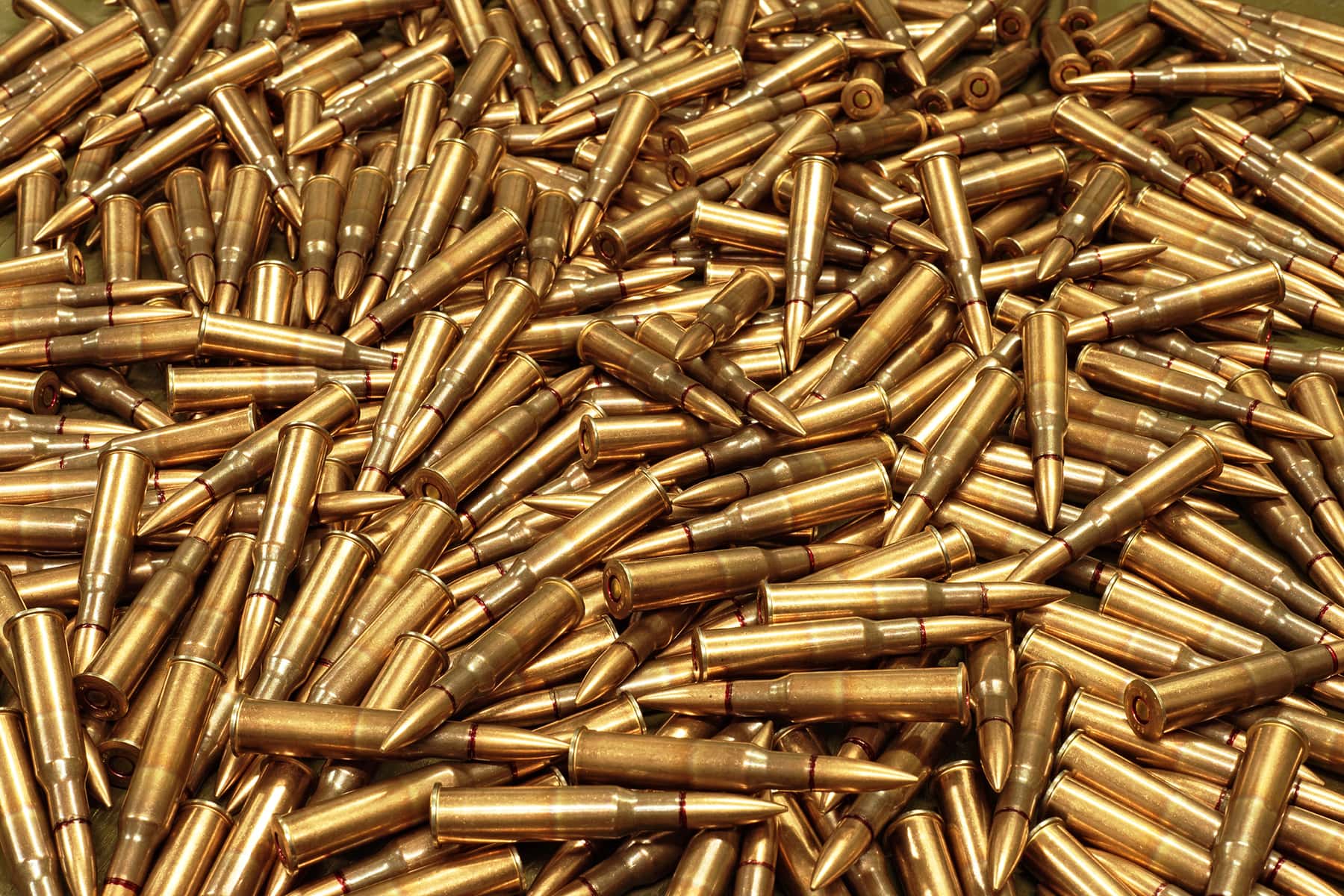
On August 5, 2012:
a gunman entered the Sikh Temple of Wisconsin in Oak Creek and killed six people
On December 4, 2012:
a gunman at Sandy Hook Elementary School in Newtown killed 26
On June 12, 2016:
a gunman at the Pulse nightclub in Orlando killed 49
Three years ago this month, I ran in the 4th Annual Chardhi Kala 6K, six kilometers for each of the six victims of the mass shooting at the Sikh Temple of Wisconsin in Oak Creek. The race also honored those who died at Sandy Hook Elementary and the Pulse nightclub.
After the race, I sat down with some of the nephews and nieces of Satwant Kaleka, who died in the gurdwara. Manveer Nagra, Kirat Kaur, and their teenaged relatives talked about was the power of names, which inspired the following poem based on the Sikh teenagers’ faith, my own Cathollic upbringing, and the social and spiritual significance of names in so many different cultures. I hoped for it to be an appropriate and powerful prayer of chardhi kala, or relentless optimism, in the face of so much death. Three years later, however, nothing has changed.
The first week of August 2019 has forced me to add even more names to this poem, names from Dayton, El Paso, Gilroy, Brownsville, and Philadelphia. Admittedly, it is difficult for me to believe that chardhi kala will triumph over the president’s litany of anti-immigrant, pro-gun, nationalist hypocrisy that can command congresswomen to “go back and help fix the totally broken and crime-infested places from which they came,” just a few weeks before 29 were killed and dozens injured in five mass shootings under his watch.
It saddens me to think how many names must be added to the ever-growing litany of death before we realize the crime in our own country of legitimizing hate and of making it so easy to obtain guns to play out that hatred. How loud does this litany have to be for us to change?
Litany of Names
It can take days
to release the names,
so we can’t even say
all their names yet,
a long
litany
amassing
slowly
after
each
mass
shooting.
In Dayton, El Paso, Gilroy, Brownsville, Philadelphia,
the newspapers and vigils
are listing a week’s worth of names
and checking their background
stories to memorialize
their six or sixty years
of garlic fests and
back to school shopping,
graduation parties and nightcaps.
Andre Anchondo
Jordan Anchondo
Arturo Benavides
Megan Betts
Monica Brickhouse
Leo Campos
Nicholas Cumer
Mario de Alba
Elsa Mendoza de la Mora
Angie Englisbee
Derrick Fudge
Jessica Coca Garcia
Jorge Calvillo García
Memo Garcia
Adolfo Cerros Hernández
Maribel Hernandez
Trevor Irby
David Johnson
Ivan Filiberto Manzano
Gloria Irma Márquez
Thomas McNichols
Isiaka Meite
Lois Oglesby
Sara Esther Regalado
Javier Amir Rodriguez
Stephen Romero
María Eugenia Legarreta Rothe
Keyla Salazar
Saeed Saleh
Logan Turner
Beatrice Warren-Curtis
I never appreciated the power of litany when I was young.
To me, the drone of saints,
foreign names, rose like incense
to the church ceiling that blocked our prayer.
We remained unheard, the names that escaped from our lips
a cacophonous billow of smoke collecting up there for nothing.
St. Michael, pray for us.
St. Gabriel, pray for us.
St. Raphael, pray for us.
St. John the Baptist, pray for us.
St. Joseph, pray for us.
St. Francis, pray for us.
St. Mary Magdalene, pray for us.
St. Clare, pray for us.
St. Sebastian, pray for us.
There were so many of them,
my tender knees shook under the weight of supplication.
I did not know how most of them died,
Except for
St. Peter on a cross,
St. Joan of Arc at the stake,
St. Thomas More with an axe,
St. Stephen with stones,
St. Sebastian with arrows, and
St. Elijah in a chariot of fire (though I was told he never actually died).
I rarely cringed, however, at the cruelty and creativity of death
because the stained glass windows and icons and holy cards
showed me how ecstatic and peaceful martyrdom was supposed to be.
Three decades later, I have read too many litanies
and know too well how most of them died.
They were saints and sinners like all of us,
But their bodies were filled with bullets
that no one wants to see stained into glass.
Instead, families in Oak Creek and Newtown and Orlando
mined their phones and computers and albums
for photos of them before the simple and generic violence
of a pistol or rifle or 9mm silenced their ecstasy and peace.
From each tragedy also emerged a new iconography
of letters formed into names formed into litanies:
“Say Their Names” is a new mantra for our century.
The litany of saints I once thought never reached heaven
still might not–I don’t know.
The litanies we repeat today may fall on deaf ears.
But I like to think that the reverberation of syllables on our lips,
like the cosmic vibration of A-U-M that carries the holy person
from waking to dreaming to deep sleep and back to waking,
could carry our collective consciousness
from the despair of “yet another mass shooting”
to a dream and then to a waking up to something
powerful and new
and alive.
How many times in a year do we write our names?
We type them on forms,
write them in books,
sign our bills,
doodle our signatures in meetings.
After a while, it becomes easier to auto-fill our name
instead of forming the letters
that carry origin stories:
Did your parents consult a list of baby names?
Are you Fred IV, your great grandfather Fred Sr.?
Did the papaji flip to a page in the Guru Granth Sahib and choose the first letter of your name?
Were you named Manveer
so you would grow up with “strong mind and heart,”
Kirat so you would be “hardworking,”
Chaman because you reminded them of “the garden of the world,”
Ashleen because you were a “joyful” infant,
Ompreet to instill in you the “peace and calm” of God’s name?
Were you named after a television star like my sister?
Did your father name you one thing, then your mother change it on your birth certificate?
Were you born without a name, your parents studying your face at home to decide whether you were “Benjamin” or a “Joel”?
Did your family change its name to Singh or Kaur to respect the egalitarianism of your faith that says that all are lions and all are princesses?
Sometimes we shorten our names
Dominic to Dom
Richard to Dick
Margaret to Peggy
Or use pet names
“Honey”
“Pooh Bear”
“Button”
Or use kin names
Uncle Smart or Auntie Em,
bhuaji, masaji,
thayaji, chachaji.
Some of us choose a Confirmation name
(mine was Raphael, an Archangel)
or have to know our Hebrew name
to receive an aliyah at our bar mitzvah,
Estevez might become Sheen for Hollywood’s sake
and others, Barack Hussein Obama, might engender post-9/11 paranoia.
Perhaps on Ellis Island your ancestor changed
her name from Sapusnick to Shaw,
his name from Laskowsky to Lake, or
a three-hundred-year-old family name from Katchka to Cooper
to avoid mispronunciations or to just fit in more easily.
My high school friends legally changed their names from
Guoyan to Mitch,
Du Phat to Sam.
Whatever our name’s origin story, T.S. Eliot would tell us we really have three names–
The name our parents gave us,
an exotic name shared by no other cat,
and an “ineffable effable / Effanineffable /
Deep and inscrutable singular Name”
that transcends our breath.
If you have ever corrected someone’s pronunciation of your name,
you know that it reverberated discordantly from their tongues
and something in you screamed “My name is important!”
“Say it correctly!”
“It is ineffable!”
The Old Welsh language called it anu,
The Old Irish ainm,
Russian imya,
Old Church Slavonic ime,
Latin nomen,
Sanskrit nama,
Greek onoma,
Old Norse nafn,
Dutch naam,
German Name,
Old Saxon namo,
Old English nama.
Each variation on a theme carried with it a sense of “reputation.”
Our ainm/nama/naam is our reputation, how we project ourselves into the world and how others receive and perceive us.
So let us now praise the names of those we lost
in the Oak Creek gurdwara.
Let us project their names back into the world
to remind us how we should receive and perceive each other:
as alive, as equals, as a single caste of humanity.*
Say their names . . .
Ranjit Singh
Prakash Singh
Paramjit Kaur
Satwant Kaleka
Sita Singh
Suveg Khattra, may your souls merge back into God.
Let us also name the gunman at the gurdwara and forgive him (this is what the Sikhs did) . . .
Wade Michael Page, may your soul reincarnate more purely.
Let us now praise the names of those we lost
at Sandy Hook Elementary School.
Let us project their names back into the world
to remind us how we should receive and perceive each other:
as one breath, all made of the same clay, the light within all the same.**
Say their names
Charlotte Bacon
Daniel Barden
Rachel Davino
Olivia Engel
Josephine Gay
Ana M. Marquez-Greene
Dylan Hockley
Madeleine F. Hsu
Dawn Hocksprung
Catherine V. Hubbard
Chase Kowalski
Jesse Lewis
James Mattioli
Grace McDonnell
Anne Marie Murphy
Emilie Parker
Jack Pinto
Noah Pozner
Caroline Previdi
Jessica Rekos
Aveille Richman
Lauren Russeau
Mary Sherlach
Victoria Soto
Benjamin Wheeler
Allison N. Wyatt, may your souls never stop teaching us.
Let us also name the gunman at the school and forgive him . . .
Adam Lanza, may your soul learn to love.
Finally, let us praise the names of those we lost
in the Orlando Pulse nightclub.
Let us project their names back into the world
to remind us how we should receive and perceive each other:
as sons and daughters of Waheguru, whose name eliminates spiritual darkness.
Say their names . . .
Stanley Almodovar III
Amanda Alvear
Oscar Aracena-Montero
Rodolfo Ayala-Ayala
Antonio Davon Brown
Darryl Roman Burt II
Angel L. Candelario-Padro
Juan Chevez-Martinez
Luis Daniel Conde
Cory James Connell
Tevin Eugene Crosby
Deonka Deidra Drayton
Simon Adrian Carrillo Fernandez
Leroy Valentin Fernandez
Mercedez Marisol Flores
Peter O. Gonzalez-Cruz
Juan Ramon Guerrero
Paul Terrell Henry
Frank Hernandez
Miguel Angel Honorato
Javier Jorge-Reyes
Jason Benjamin Josaphat
Eddie Jamoldroy Justice
Anthony Luis Laureanodisla
Christopher Andrew Leinonen
Alejandro Barrios Martinez
Brenda Lee Marquez McCool
Gilberto Ramon Silva Menendez
Kimberly Morris
Akyra Monet Murray
Luis Omar Ocasio-Capo
Geraldo A. Ortiz-Jimenez
Eric Ivan Ortiz-Rivera
Joel Rayon Paniagua
Jean Carlos Mendez Perez
Enrique L. Rios, Jr.
Jean C. Nives Rodriguez
Xavier Emmanuel Serrano Rosado
Christopher Joseph Sanfeliz
Yilmary Rodriguez Solivan
Edward Sotomayor Jr.
Shane Evan Tomlinson
Martin Benitez Torres
Jonathan Antonio Camuy Vega
Franky Jimmy Dejesus Velazquez
Juan P. Rivera Velazquez
Luis S. Vielma
Luis Daniel Wilson-Leon
Jerald Arthur Wright, may your souls keep dancing.
Let us also name the gunman at the nightclub and forgive him . . .
Omar Mateen, may your soul learn to dance and love.
This week, let us add the names
from Dayton, El Paso, Gilroy, Brownsville, and Philadelphia.
Let us project their names back into the world
to remind us how we should receive and perceive each other:
as one breath, all made of the same clay, the light within all the same.
What language did Adam speak when he named
the giraffe,
the whale,
the wombat,
the snake?
He must have spoken the divine language of YHWH or Ha Shem,
a language of being and becoming*** that would have been natural for him.
He would have had to leave that language behind
when he and Eve left the garden, forgiven, the gurus tell us,
but forever changed, ever having to rediscover
what it is to be and how to become,
how to name their children with divine language
and, even more difficult,
how to remember their names
after they had died.
Footnotes
* Guru Nanak says in the scripture Japji Sahib, “Accept all humans as your equals, and let them be your only sect.” And Guru Gobin Singh said, “Recognize all of mankind as a single caste of humanity.”
** Sri Guru Granth Sahib says, “There is only one breath; all are made of the same clay; the light sithin all is the same.”
*** In Judaism, the tetragrammaton (four letters) of YHWH means “to be, to exist, to cause to become, to come to pass,” and is so powerful that one writes and says YHWH or G-d or Adonai or Ha Shem, which means “The Name.”

